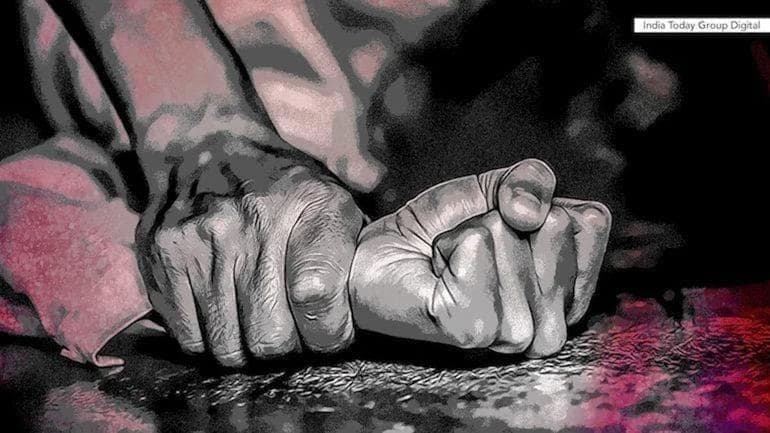By Lauren Prem
Cruelty anywhere is sickening, but cruelty within marriage is ironic and sickening! Marital rape has been a contested issue since time immemorial. The issue resurfaced after the recent Bombay High Court’s ruling on 12th November 2024, wherein a man’s 10-year jail sentence for committing rape on his minor wife, was upheld. While there is no fault in the court’s decision, the news brought me to many realizations relating to the inconsistencies that plague rape laws in India.
The Marital Rape Exception (MRE), previously found in the IPC, is retained in the new penal code under section 63, which defines rape. Exception II reads “Sexual intercourse or sexual acts by a man with his own wife, the wife not being under eighteen years of age, is not rape.” Applying the law, the Bombay HC ruled that the exception will be inapplicable to the case at hand, by virtue of the wife being a minor, as minors are incapable of giving consent. This raises jurisprudential questions as to whether consent is the sole-determining factor, if not a crucial factor, in marital rape cases.
The judgement portrays consent to be crucial in marital rape cases. On the other hand, the MRE provision states otherwise. In this long-standing debate, proponents of MRE stated that marriage itself is construed as consent and consent for every individual act is not necessary. The MRE is, however, inapplicable to minors based on the aspect of consent. If these two arguments are read-together, a real conundrum exists.
Many significant questions arise. Does consent play a role in construing MRE? If not, what is the basis for the age differentiation in the MRE provision? The MRE makes a demarcation of married women based on age of majority. The basis of demarcation is severely flawed as individual consent holds no relevance in determining marital rape. The MRE itself is premised on the presumption that marriage is adequate to establish the existence of consent. This shatters the basis of treating minor married women differently.
This inconsistency practically serves a good purpose for minor married women by prohibiting the applicability of MRE. However, it makes a differentiation that is plainly an inconsistency reaffirming cruelty based on age. The rationale in the ruling logically prompts us to ask – would consent be factored in, if the woman in the case was a major? The answer certainly being in the negative, directs us to question basis and existence of the MRE provision itself.
The right to question this unscrupulous provision need not only vest with a law student capable of unpacking the sheer inconsistencies within the law. It becomes the right of every citizen to question the unfulfilled promises made to him. After the Modi government made an attractive promise of revamping the criminal law system to erase colonial traces, every citizen may ask – is it more Bharatiya to sanction rape?
To question inconsistencies is just the cherry on top. As with or without inconsistencies, a citizen may question legally sanctioned cruelty in a Bharat that has proudly developed a strong fundamental right jurisprudence since independence. Laws are constantly produced and interpreted by courts. In fact, the basic structure doctrine – declaring fundamental rights to be a basic feature of the constitution was evolved during a time when the MRE existed in the IPC. This has led to a status where multitude of laws and doctrines are followed simultaneously without according priority to the non-negotiable rights.
Even worse, fundamental rights have assumed a conditional status. Marriage, viewed to be a beautiful union, has proven to have swept fundamental rights under a rug. Although stereotypes ought to change through societal mindsets, judgements and laws play a huge role in setting standards for the society. The new criminal laws are gruesome for not only setting a bad standard but for reaffirming it. People may vary in their opinions and ideals but a government needs to uphold the best interests of its citizens.
The existence of the MRE perpetuates cruelty and creates a state of chaos that has a possibility of disrupting the long-thread of fundamental right jurisprudence developed by the judiciary. The ball is in the government’s court to set a new ideal – one which upholds equality before law and truly removes colonial traces!






